2021 has arrived and for many of us the start of a new year offers an opportunity to set new goals. Oftentimes these new goals are extensions of our old commitments, but we make small changes that allow us to start the year feeling refreshed, recalibrated, and rededicated.
In the spirit of entering 2021 with renewed focus and resolve, Babcock Laboratories (Babcock Labs) has revisited and updated our core values. The principles behind these values are not new; we are still a company that believes in taking responsibility, being reliable, and maintaining good relationships. Instead, these updated values are a simple promise to our staff, our clients, our vendors, and our community that Babcock Labs will continue to uphold the highest ethical standards and practices. We promise to…

